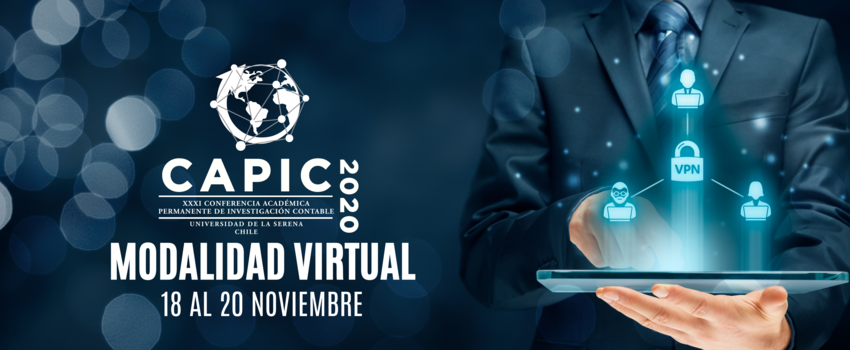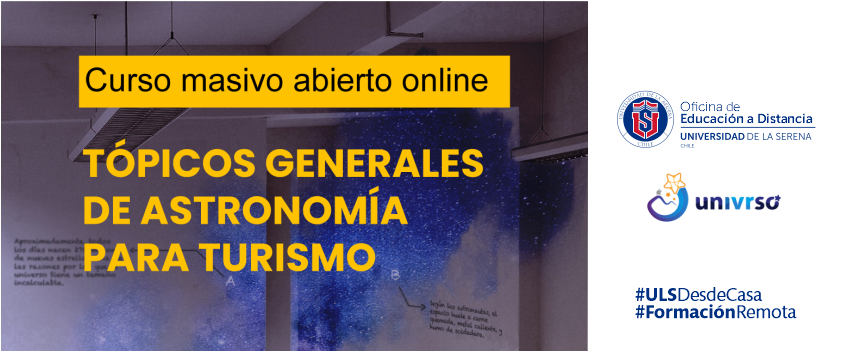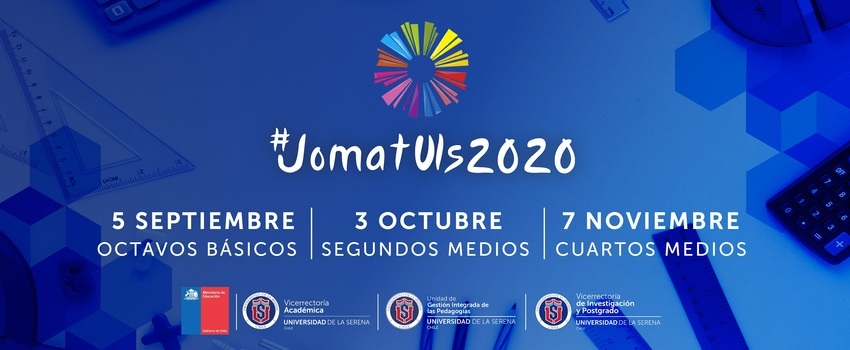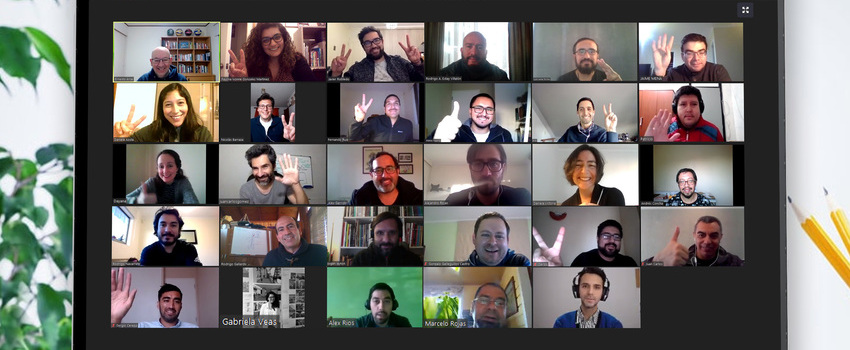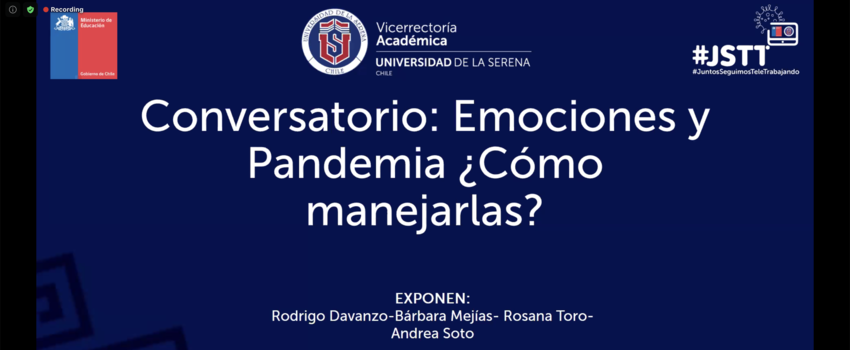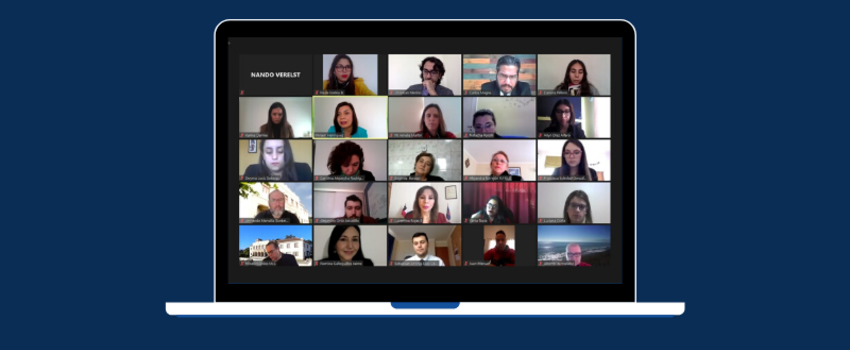
Within the framework of the activities of the XNUMXth anniversary of the Faculty of Social, Business and Legal Sciences, the Department of Legal Sciences organized the talk “Gender and Constitution” given by Dr. Miriam Henríquez.
Position and publicize the main milestones that have been key in the constituent process that the country is experiencing and the implication of the role of women in this matter, were the main guidelines of the talk “Gender and Constitution”, carried out by Dr. Miriam Henríquez, Dean of the Faculty of Law of the Alberto Hurtado University.
The meeting was held on Monday, July 08 through the Zoom platform, after the central event of the XNUMXth anniversary of the Faculty, in which more than seventy people, including university authorities, students and representatives of the Judiciary of San Juan, Argentina , were participants in a clear and precise review of the essential elements that allow us to visualize the importance of women in this historical process that Chile is experiencing.
Dr. Miriam Henríquez is a lawyer from the National University of Comahue, a Master in Public Law from the Pontificia Universidad Católica de Chile, a Doctor in Legal Sciences from the Universidad Santiago de Compostela and has postdoctoral studies at the same university. She is currently a member of the Council for Gender Equality of the Undersecretary of Science, of the Ministry of Science and advisor of the Women's Community Council.
The talk allowed for a brief timeline to better understand the different events that led to reaching this point, in which the country is in the middle of a constituent process. It also made it easier to understand the challenges of representation for the essential guarantees of women and to highlight the edifying and necessary role of women in the formation of an equitable and more just society.
The Director of the Department of Legal Sciences, Mg. Carlos Magna highlighted the relevance of the topic discussed and how it relates to the academic and social commitment of the campus. "We are very satisfied. This is our first academic activity as a Department, and the fact that it has had gender and the constitution as its central theme is no coincidence. In fact, the themes selected for our activities must always take care of current social problems, so Dr. Henríquez's talk, in addition to being brilliant, marks a path for us and imposes a standard for the activities to come," held.
The day urged those present to participate in a discussion in which, through the Zoom chat mode, concerns could be clarified and made known by those attending. The event also made it possible to highlight that the possibility of generating a talk on this topic is an active part of the different responsibilities that educational institutions have in strengthening and bringing information closer to society as a whole.
Written by Paula Godoy, ULS journalist

